Layering Reality: The Right To Mask
Layering Reality: the Right to Mask - a Gathering
Scenography Symposium
October 31 to November 1, 2013
Prague, Czech Republic
The Prague Quadrennial of Performance Design and Space held the symposium Layering Reality: the Right to Mask with the aim to examine the use of performance design in theatre and beyond in order to question and reclaim the place of the invisible, the imaginary and the theatrical in our lives. This symposium is part of the beginning phase of the Prague Quadrennial's long-term exploration within the SharedSpace Music Weather Politics 2013 / 2016 project (see below).
The conveners who designed the concept of teh symposium were: Sodja Lotker, Maaike Bleeker and Julian Hetzel. Hiden beyond masks we have discussed the themes of layering realities with the following guests and presenters:
Joslin McKinney, Darren O´Donnell, Imanuel Schipper, Cristiano Cezarino Rodrigues, Luis Abdallah Conde Flores, Marina Cristea Baumgarten, Martin Bernátek, Matthew Cawson, Mihai Lukacs, Manolis Tsipos, Anna Tregloan, Kateřina Ebelová, Marie Černíková, Barbora Zelničková, Iva Němcová, Ivana Kanhäuserová, Matěj Samec, Rosie Ward, Erika Schwarz, Tasos Protopsaltou, Cristian Stanoiu, Tomáš Cetera,Marie Brenneis, Campbell Edinborough, Matteo Lanfranchi, Andrea Cusumano, Sofia Pantouvaki, Eva Blahová, Radka Kunderová, Nelly Barseghyan, Margaret Krawecka, Anna Adler, Luca Libertini,Susanne Kass, Nigel Ward, Will Pinchin, Pavel Pařízek, Anne Karin ten Bosh, Carly Everaert, Donatella Barbieri.
We would like to thank all the participants and presenters and look forward to to see you at the upcoming acitvities of SharedSpace: Music Weather Politics 2013 - 2016 that take place around the whole Europe.
Please find Sodja Lotker's (Artistic Director PQ and one of the conveners of the symposium) observations of the symposium below.
We live today in a 'reality which is repeatedly innovated' (Paolo Virno, A Grammer of the Multitude 2004, 33). Part of this state of constant innovation is that we are constantly staging ourselves at work, in school, on Facebook and YouTube, and in the expanding number of TV shows that promise us a total makeover, or 15 minutes of fame as a star, cook, model or designer (provided that we manage to convincingly perform being one). Today, Boris Groys observes, everyone is required to take aesthetic responsibility for his or her appearance in the world, for his or her self-design (Boris Groys, Going Public, New York: Sternberg Press, 2010. 42). At the same time however, all kinds of design, including self-design, are often met with suspicion.
They are regarded as inauthentic, as ways to seduce us with a false appearance or as ways to hide who we actually are. They are perceived as 'mere theatre' as opposed to 'the real,' and rejected or even forbidden for being deceptive. However, now that it is commonly accepted that our identity is a performance, and now that not just movie stars, celebrities and politicians, but everyone is expected to be his or her own author, it is about time that we move beyond such easy condemnation and take a closer look at what is actually at stake.
This symposium proposes to do so using mask and masking as our key concept and theatrical tool. Mask is a complex concept that brings in transformation, hiding and disappearing as well as revealing. As practice, masking touches on political issues of anonymity – and of masking and unmasking as dynamics of contemporary political action. Masks such as those of the Guerilla Girls and more recently of Pussy Riot or Guy Fawkes have become a mark not only of freedom, independency and anonymity, but they are also questioning reality itself, and the relationship between reality, staging and performance. As part of performance design – on stage or in daily life – masking is a tool of layering reality, of questioning reality, and of making new realities come to life.
With support of the Embassy of the Kingdom of the Netherlands.
Attachments for download
- Layering Reality: The Right To Mask - Abstracts and CVs
- Layering Reality: The Right To Mask - Programme
- Findings by Sodja Lotker - Layering Reality: The Right To Mask
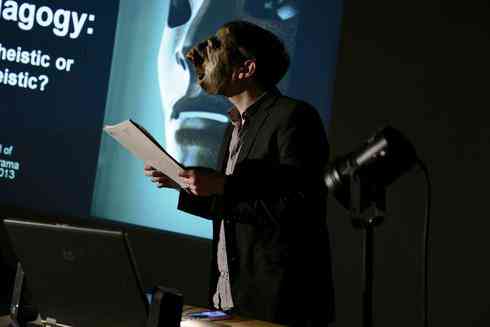
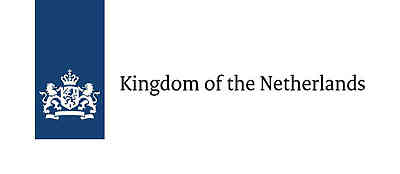
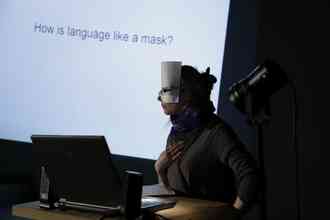
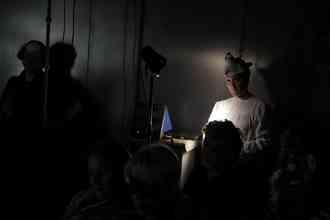
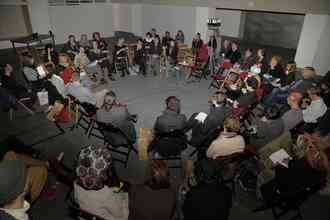
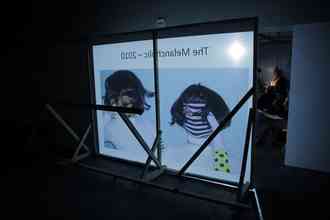
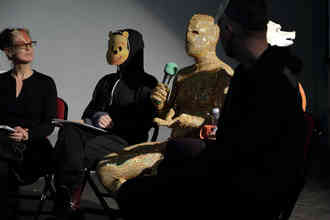
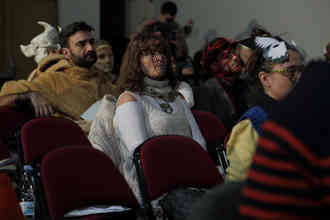
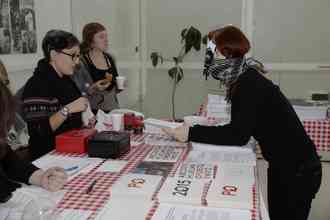
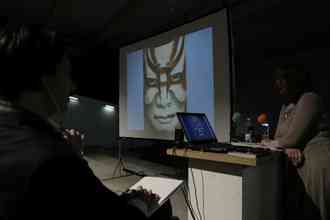
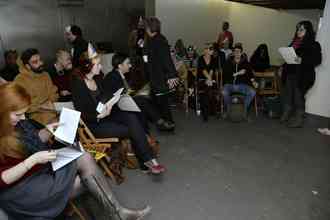
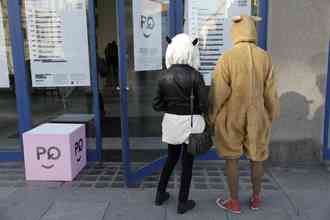
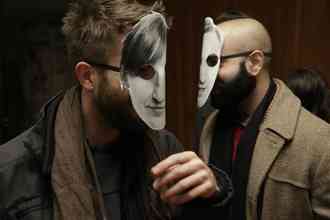
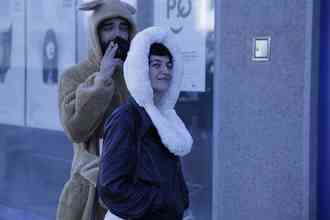
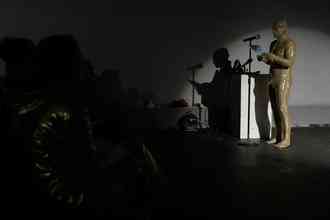
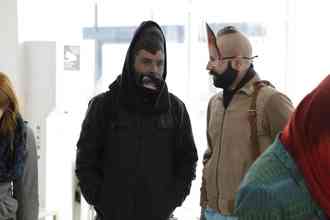
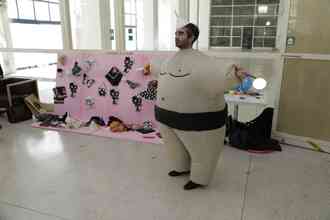
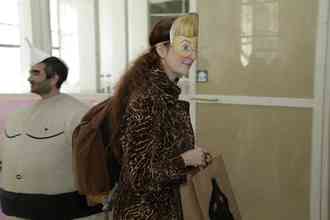
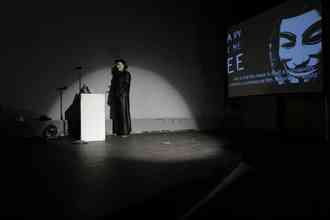
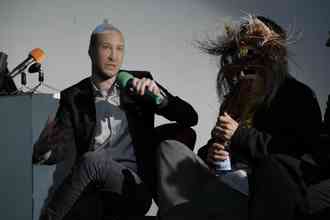
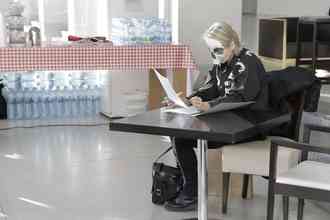
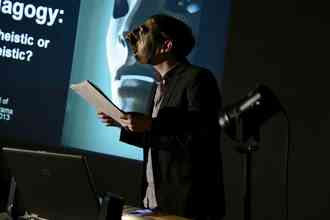

.jpg%3F1436819282)
